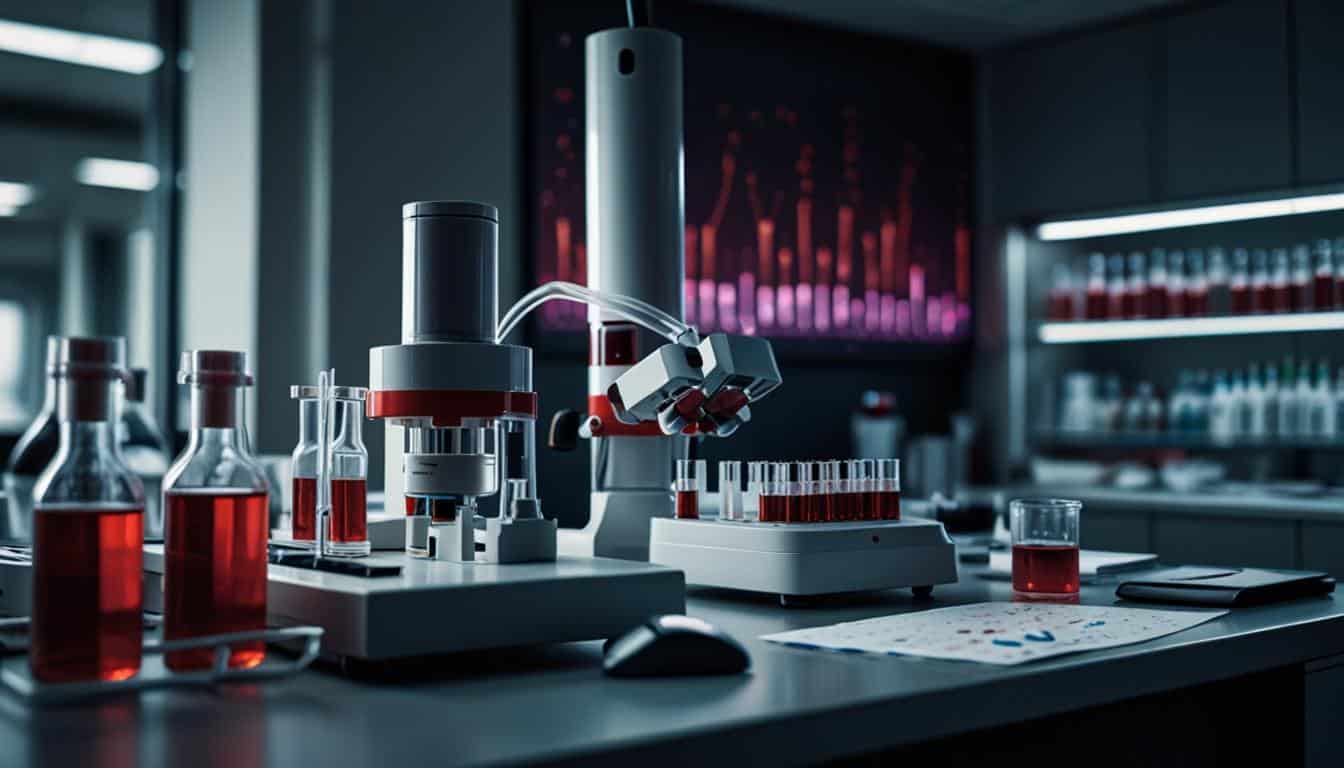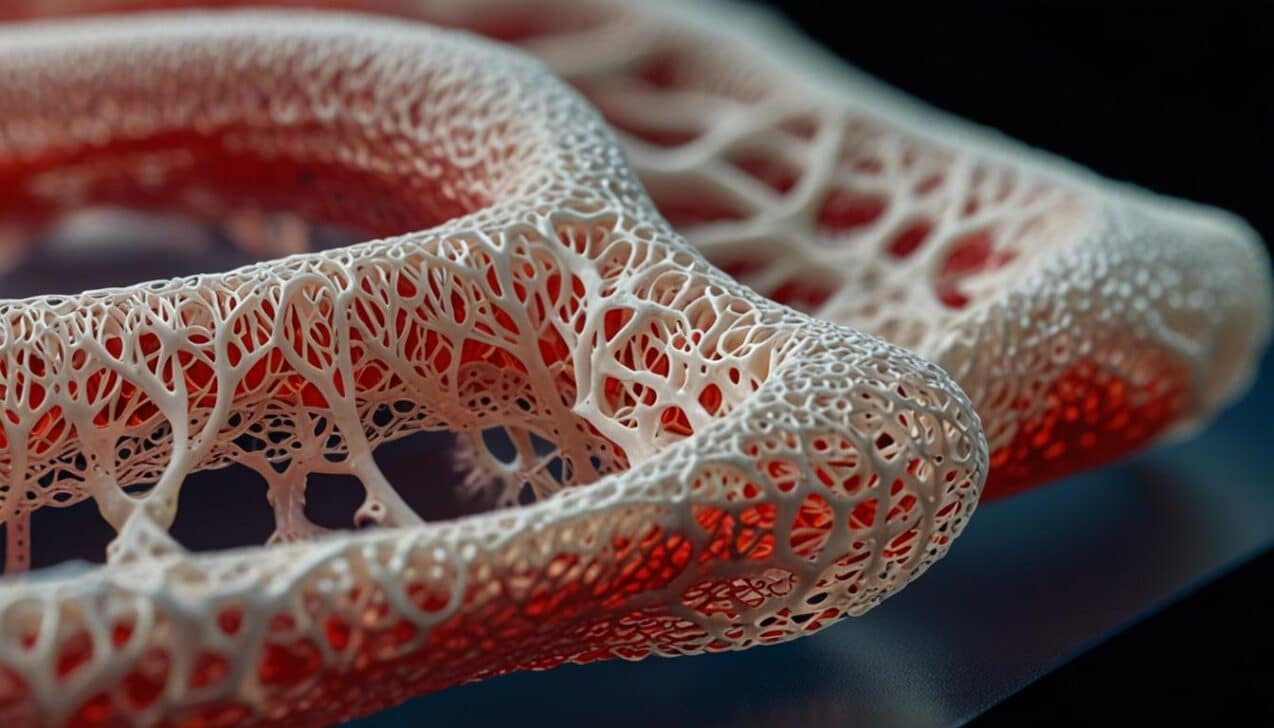A team of researchers at Toho University School of Medicine in Japan has developed a novel artificial intelligence (AI) system capable of predicting male infertility with an accuracy rate of approximately 74%. This pioneering model, which focuses on analysing hormone levels in blood samples related to sperm production, is also able to identify a severe form of infertility, known as non-obstructive azoospermia, with 100% accuracy.
The Study and Development
Led by Associate Professor Hideyuki Kobayashi from the Department of Urology, the research team embarked on a comprehensive study, scrutinising data from nearly 4,000 men who underwent semen and hormone testing for infertility between 2011 and 2020. The AI model, leveraging these extensive datasets, was subsequently validated using the data of 354 men gathered between 2021 and 2022.
“Usually, the first step in the diagnosis of male infertility is to perform a semen analysis,” said Professor Kobayashi. “The unique feature of this study is that it is groundbreaking in that the risk of male infertility is determined based on a hormone test, rather than a semen test.”
Mechanism and Potential Benefits
The AI model works by detecting specific hormone levels that correlate with sperm count in the blood samples. Hormones such as testosterone, follicle-stimulating hormone (FSH), prolactin (PRL), and estradiol (E2) were assessed to determine their relationships with either high or low sperm counts. This approach is seen as a potential game-changer, as it simplifies the initial screening process, making it accessible in general practitioner (GP) settings, thereby eliminating dependence on specialist laboratories.
“The AI-enhanced blood test could make screening for male infertility more accessible as it can be used in primary care settings without the need for special laboratories,” noted Professor Kobayashi. He further clarified that while this AI model serves as a primary screening tool, it is “not a replacement for semen testing.”
Expert Opinions
Experts have welcomed the study but underscore the need for additional real-world application simplifications. “The authors of this paper have done a great job in applying artificial intelligence to the problem, but their approach would have to be simplified into some kind of app that GPs could use for it to have real-world benefit,” commented Allan Pacey, Professor of Andrology at the University of Manchester.
Challenges and Future Prospects
The critical aspect of the AI model’s application is its ability to streamline the often cumbersome process of male infertility diagnosis. Traditional semen analysis requires men to provide samples, which involves taking time off work and travelling to specialised laboratories. The AI blood test, if optimised for practical use, could alleviate these hurdles significantly. “When the prediction model detects abnormal values, since patients may possibly have non-obstructive azoospermia, this should be a trigger for them to undergo detailed testing at a specialist infertility clinic and receive appropriate treatment,” highlighted Professor Kobayashi.
Road to Commercialisation
The team has already initiated steps toward bringing this AI-based solution to the market, obtaining a patent and collaborating with Clear Tact Inc., aiming for market introduction within five years. Professor Kobayashi mentioned that the initial market introduction would likely commence in Japan.
This AI-driven blood test represents a significant advance in the realm of male infertility diagnosis by potentially providing an accessible, less invasive, and accurate initial screening method. The detailed findings of this study are published in the scientific journal Scientific Reports.
Subscribe
Sign-up to receive our newsletter





